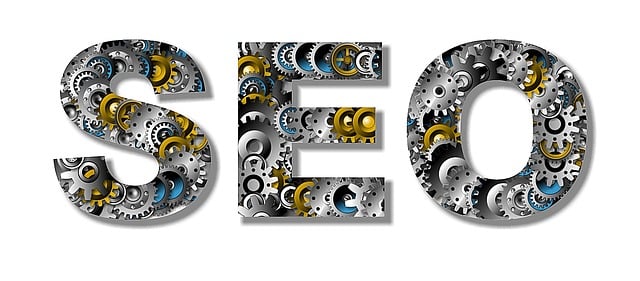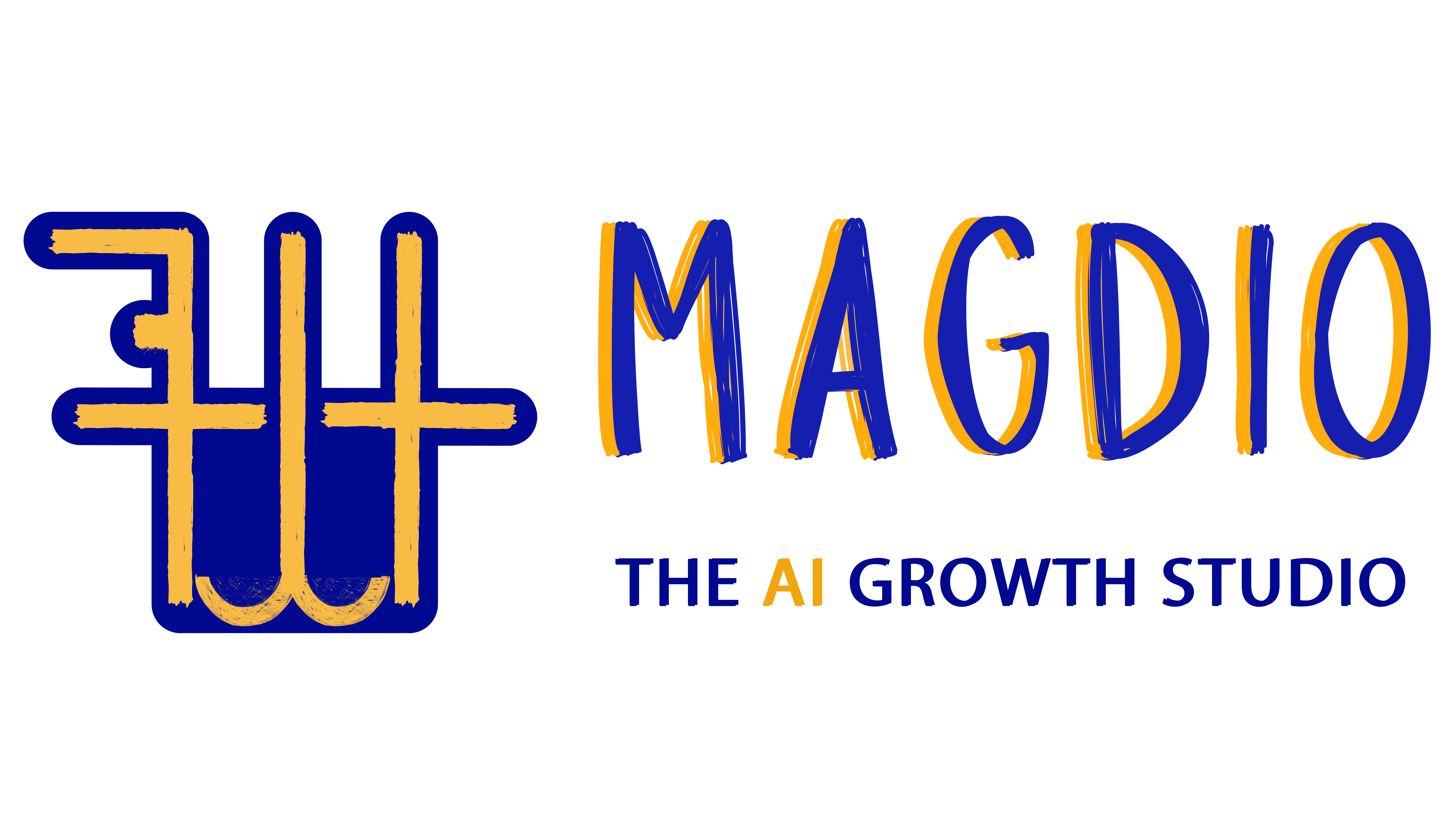In today’s digital world, choosing the right SEO tool can make a big difference in how well your website performs. Three popular options – Ahrefs, Semrush, and Moz – each offer unique features that can help boost your online presence. Let’s explore these tools in simple terms to help you decide which one suits your needs best.

Semrush: The All-in-One Marketing Powerhouse
Imagine having a Swiss Army knife for digital marketing – that’s what Semrush offers. Starting as a simple SEO tool in 2009, Semrush has grown into a complete marketing solution. It’s like having multiple tools in one place, making it perfect for businesses of all sizes.
What makes Semrush special is how it handles keyword research. Their Keyword Magic Tool is like having a crystal ball for finding the right words to use on your website. With 44 different filters, you can pinpoint exactly what people are searching for and how easy it might be to rank for those terms. This level of detail helps you create content that actually reaches your target audience.
For local businesses, Semrush is a game-changer. It helps manage listings across over 150 directories and tracks how well you’re doing in local search results. Think of it as having a personal assistant who makes sure your business shows up correctly everywhere online. Plus, their Map Rank Tracker lets you see improvements in your local visibility, neighborhood by neighborhood.
Ahrefs: The Precision-Driven SEO Specialist
If Semrush is the all-around athlete, Ahrefs is the specialist who excels in specific areas. Founded in 2011, Ahrefs has become known for its incredibly accurate data, especially when it comes to backlinks. They’ve built one of the world’s largest databases of links between websites, which is crucial for understanding how websites connect and influence each other.
One of Ahrefs’ standout features is its AI-powered suggestions. Instead of just giving you common keywords, it helps find unique opportunities that others might miss. This is particularly useful for businesses in niche markets trying to stand out from the crowd. Their Link Intersect tool is another gem, helping you discover websites that link to your competitors but haven’t linked to you yet.
The platform also shines with its Content Gap tool, which shows you what your competitors are ranking for that you’re not. This information is gold for planning your content strategy and finding new opportunities to attract visitors to your site. While Ahrefs doesn’t offer as many tools outside of SEO as Semrush, what it does offer, it does exceptionally well.
Moz: The Budget-Friendly SEO Starter Kit
For those just beginning their SEO journey or working with limited budgets, Moz offers a more affordable option. Created in 2004, Moz was one of the first companies to develop SEO tools and introduced the concept of Domain Authority – a score that predicts how well a website will rank.
While Moz doesn’t have as extensive a database as Ahrefs or Semrush, it still provides essential SEO tools. Its Local SEO features help small businesses manage their online presence, though not as comprehensively as Semrush. The platform’s On-Demand Crawl tool can check up to 3,000 pages for technical issues, which is helpful for smaller websites.
Moz’s strength lies in its simplicity and affordability. At $49 per month for the basic plan, it’s significantly cheaper than the other two options. However, this comes with limitations – fewer keywords tracked, less detailed analysis, and a smaller overall database. It’s like choosing between a basic smartphone and a high-end model; both can make calls and browse the web, but one offers many more features.
Feature Face-Off: Where These Tools Differ
When comparing these platforms, several key differences emerge. First, consider their database sizes. Semrush leads with 43 trillion backlinks and 25.3 billion keywords, followed closely by Ahrefs. Moz, despite claiming 45.5 trillion backlinks, only tracks 1.25 billion keywords, which could limit its effectiveness for comprehensive research.
Keyword research capabilities show another clear distinction. Semrush offers 44 SERP feature filters compared to Ahrefs’ 20, providing more ways to refine your searches. This advantage becomes particularly important for e-commerce businesses needing precise targeting. Moz, while functional, lacks the depth and filtering options of its competitors.
Local SEO tools present another area of differentiation. Semrush offers the most robust set of local SEO features, including access to more business directories than Moz. Ahrefs currently doesn’t offer local SEO tools but promises them soon. For businesses relying on local customers, this could be a deciding factor.
Content marketing tools showcase perhaps the most dramatic differences. Semrush emerges as the clear leader with its integrated content marketing suite, offering real-time optimization suggestions and content brief generation. Ahrefs provides solid content gap analysis, while Moz’s offerings feel basic in comparison.

Choosing Your Perfect SEO Match
Deciding between these tools depends largely on your specific needs and budget. Large agencies managing multiple clients would benefit most from Semrush’s comprehensive feature set. Its ability to handle everything from SEO to social media management makes it a one-stop-shop for digital marketing needs.
Small to medium-sized businesses seeking maximum value should consider Ahrefs. Despite being slightly more expensive than Moz, it delivers exceptional ROI through precise backlink analysis and innovative AI-driven features. The platform’s focus on technical SEO excellence makes it ideal for businesses prioritizing organic growth.
Budget-conscious startups and solo entrepreneurs might find Moz’s pricing structure appealing. While it may lack the depth of its competitors, it provides essential SEO tools at a fraction of the cost. The platform’s 30-day free trial offers ample opportunity to test its capabilities against actual business requirements.
When making your decision, consider factors beyond just features and price. Think about how intuitive the interface feels, how well it integrates with your existing workflows, and how readily its reports translate into actionable insights. Many businesses find success in combining platforms, using each for its specific strengths rather than trying to force one solution to meet all needs.
Ultimately, the best choice aligns with your team’s expertise level and specific operational needs. Agencies managing diverse client portfolios would benefit from Semrush’s versatility and white-label reporting capabilities. Technical SEO specialists focused on precise link building and content optimization might prefer Ahrefs’ specialized tools. Meanwhile, educational institutions or non-profits with limited marketing budgets could leverage Moz’s basic features effectively while benefiting from its educational resources.
Remember that successful SEO implementation requires more than just choosing the right tool. It demands strategic application of these powerful resources to achieve your unique business objectives and drive sustainable growth. Take advantage of free trials and demo accounts to test how each platform fits with your actual work processes before making a final decision.

